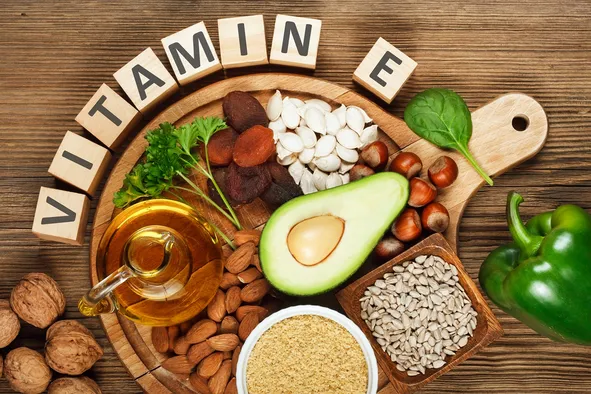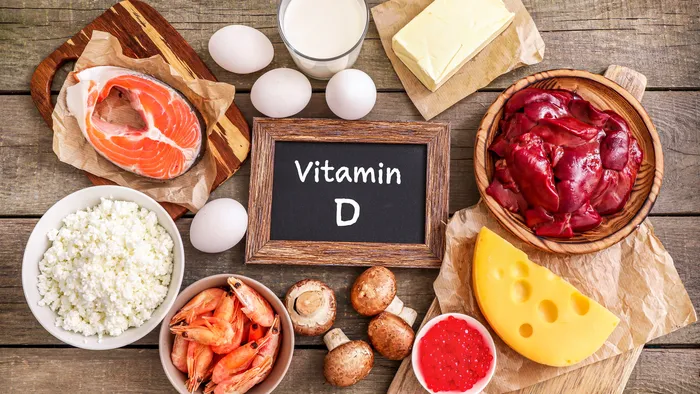The liver is the largest solid organ and the largest gland in the human body. It carries out over 500 essential tasks. Classed as part of the digestive system, the roles of the liver include detoxification, protein synthesis, and the production of chemicals that help digest food.
Vitamins are essential nutrients for the body. It helps keep our liver strong and healthy. Eating foods rich in vitamins beneficial for liver health can help prevent and reverse certain liver diseases, like fatty liver disease. Read our article to find out which vitamins contribute to liver health and to discover nutrient-dense recipes for a healthy liver diet.
- Vitamin C
Vitamin C is an antioxidant – a key element that helps to neutralize molecules known as free radicals. A low level of antioxidants can create a disparity called oxidative stress. As a result, this imbalance can cast a negative effect on cells and cause liver diseases.
Nonetheless, vitamin C also helps to limit fat accumulation in the liver and prevent fatty liver disease.
- Vitamin A

Vitamin A is a fat-soluble vitamin necessary for health, deficiency of which can cause disorders of vision, skin, bone, and immunity. The recommended daily allowance for vitamin A is 300 to 700 μg for children and approximately 700 to 900 μg for adults, amounts which can be provided by a normal diet.
Higher doses of vitamin A can be toxic, leading to a constellation of signs and symptoms as well as liver injury, jaundice, enlargement of the liver and spleen, portal hypertension, and cirrhosis. Although vitamin A has several benefits to offer someone with liver disease, it can be toxic to the liver in high dosages.
For example, iron may promote the formation of scar tissue in the liver. Therefore, those with chronic liver disease – and especially those with cirrhosis – should take multivitamins without iron unless their physician has determined that they are iron deficient.
- Vitamin E

Like vitamin C, vitamin E is an antioxidant that helps maintain the level of other antioxidants and free radicals. However, individuals who have Non-alcoholic Fatty Liver Disease (NAFLD) and Non-alcoholic steatohepatitis suffer from inadequate vitamin E, primarily from oxidative stress. Oxidative stress can affect cells and arise from drugs, alcohol, and other factors.
Individuals who took vitamin E for more than 96 weeks have reduced inflammation and fat level in the liver. The study further shows that the intake of vitamin D for that longer period also helped lower liver cell death.
- Vitamin D

Vitamin D helps prevent inflammatory and metabolic liver disease. According to an article published on Livestrong, a 2009 study found that 92% of 118 people with chronic liver disease had vitamin D deficiency.
People with the lowest levels of vitamin D were more at risk for developing cirrhosis, and permanent scarring of the liver. Known as “the sunshine vitamin,” vitamin D allows your body to absorb calcium, which is essential for developing strong bones.
A complication of chronic liver disease is osteoporosis, a condition that causes bones to weaken, making patients more susceptible to fractures. Not getting enough vitamin D can worsen this complication.
- Vitamin B12
Vitamin B12 is the only B-complex vitamin and water-soluble vitamin that can be stored in the liver, where it can remain for years, notes the University of Maryland Medical Center.
As a rule, however, water-soluble vitamins are not stored and must be consumed daily to maintain levels sufficient for optimal health. A good diet and adding in supplements can provide the body with a wide range of antioxidants and assistance in liver detoxification.
However, those with chronic liver disease should be aware of the quantity of vitamin E, vitamin A, and iron. By knowing what to look for and choosing an appropriate multivitamin, managing chronic liver disease will be one step easier.

